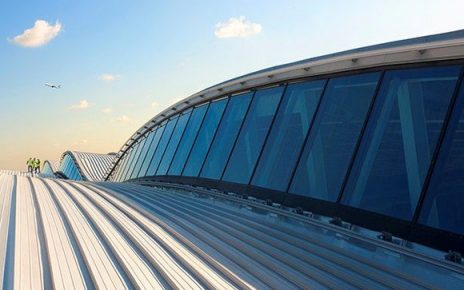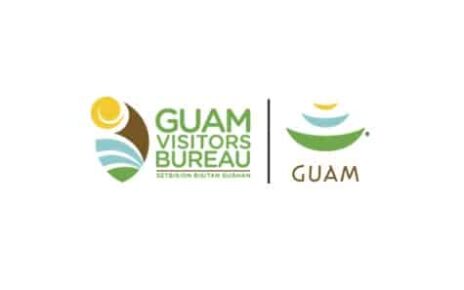The luxury market has not been able to escape the effects of the coronavirus pandemic, which has caused new trends to emerge. A consulting firm Elefant Travel has conducted a study that aims to gauge the impact of COVID-19 on luxury tourism worldwide, define the profile of the new luxury customer and future travel trends after the pandemic.
The research has been carried out through direct interviews with 19 of the best luxury travel agencies in the world located in the United Kingdom, Denmark, Switzerland, France, Germany, Luxembourg, Italy, Portugal, Spain, Russia, Turkey, Arabia Saudi, Jordan, United Arab Emirates, USA, India, Japan and Hong Kong.
The Economic Impact of the Pandemic on Luxury Agencies
The study shows that 63.2% of all agencies saw sales volume fell by more than 80% in 2020 compared to 2019. In 2020, 84.3% of luxury travel agencies reported less than 1,100 clients a year, while more than 50% saw their client base dip below 300 clients in 2020 compared to the previous year.
Overall, the average expenditure per person decreased significantly. Despite the drop, 36.9% of all agencies reported average spending levels above US$7,000 per person and trip. The top segment (the one with average spending between $10,000 and $15,000 per person and trip) was the strongest one and even increased by 6% in 2020 compared to 2019.
While most people traveled 1 to 2 weeks in 2019, 2020 saw a rise in short trips, mainly quick getaways within the region due to tight travel restrictions.
As for the most demanded destinations by travelers, while in 2019 they were, in this order, South Africa, Maldives and Italy; in 2020 the top three most visited destinations were Maldives, Dubai and Kenya.
Regarding the direct impact of the COVID-19 pandemic on luxury agency employment worldwide, 37% had to reduce staff between 1 and 6 members, 10% between 6 and 20 people, 36% kept their workforce, and 5% reported hiring more people.
42% of all agencies surveyed continued to be managed with their own financial reserves, 47% received government help through loans or direct financial aid, and 10% applied for private bank loans.
In relation to investment, 40% of the agencies invested in marketing and public relations activities in 2020, while 16% refrained from making any type of investment. 16% invested in staff training and education, 10% in digitization and technology, 5% in hiring more people, and 5% merged with other agencies.
The Current Profile of the Luxury Tourism Clientele
More than half of the clients plan trips as a couple. In Germany and India, men tend to book family trips more than women. On the other hand, women tend to organize family trips in Italy, Portugal, Turkey, Switzerland, and Japan.
On average, clients in the luxury travel segment are aged between 50 and 59 years (53%), and between 40 and 49 years (36.8%). The youngest luxury traveler (30 to 39 years) comes mainly from the United Arab Emirates and Saudi Arabia, while the oldest segment (50-59 years) is mostly from Europe and the US.
At the professional level, the report says that 63.2% of luxury travel clients are businessmen, while 26.3% have senior management jobs.
The average luxury client spends between US$35,000 and $50,000 a year (36.8%), while those above average tend to spend between $55,000 and $90,000 (31.7%). In Europe, average annual spending is between $45,000 and $50,000. Countries like India spend between $20,000 and $25,000, and Hong Kong between $80,000 and $90,000. Meanwhile, Russian luxury travelers tend to spend between $100,000 and $150,000 a year.
In terms of travel interests, the main trips requested last year were islands and beach, family trips, nature, culture, and cooking and culinary tours.

What Are the Future Trends in Luxury Tourism?
The study shows that 63% of the agencies believe that customers will spend less time planning trips than before, most (78.9%) are convinced that travelers will demand more services from travel agencies in the future than before the pandemic, while only 10% say that clients will book trips online more often.
Regarding the role of technology, 73.7% think that technology will be more important than in the past, although people will look more for human touch, and 10.5% agree that technology will improve the travel agency performance.
With respect to the travel trends, luxury agencies believe that clients will travel less often a year, but trips will be longer. In general, traveling is expected to be more costly than in the past.
Privacy, isolation, contact with nature, and COVID-free destinations, along with sustainability and wellness will be the most important trends of the future when booking a trip or visiting a destination. The demand for private villas is also expected to increase because travelers will look for more privacy and isolation during the holidays. Destinations related to islands and beaches as well as family trips will continue to be one of the most sought-after by customers.
Regarding the international Covid passports, 68.4% of the agencies surveyed believe that it will be a requirement to travel abroad. 30% believe that this passport would be the solution to restart international leisure travel, and 10% say that recovery cannot be expected without a successful vaccination in the main source markets.
Even so, most agencies seem optimistic about the future, with 68.4% saying that in 2021 their businesses will improve compared to 2020, especially from the second half of the year. Only 5.3% reported that the recovery would not be possible until 2022.




